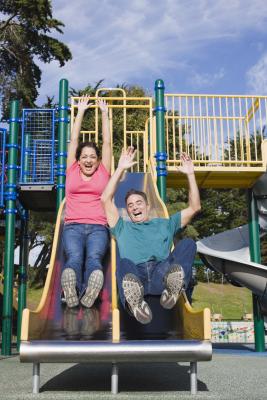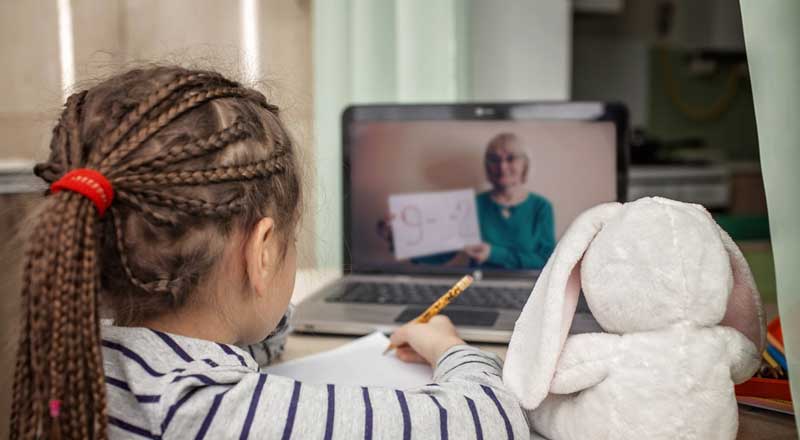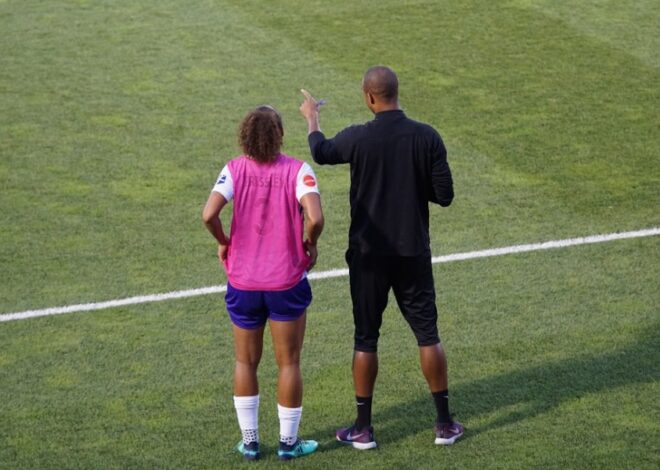Autism is a developmental disability. According to the Autism Society, it affects the functioning of the brain and typically appears within the first two years of life. In addition to being manifested in difficulties in both verbal and non-verbal communication, people with autism can have difficulties in social interactions and leisure or play activities. Because of the difficulties with play activities, choosing the right toy for an autistic child can mean making playtime less difficult and more enjoyable.
Toys for Toddlers and Infants
Balls are toys that can help toddlers and infants learn the motor skills for grasping and throwing. Additionally, balls can help with tactile awareness. Toys that are ridden, such as wagons and toy vehicles, can help the autistic child become more mobile, helping them with using their imagination and with exploring their surroundings. Blocks and other stacking toys help encourage children to use their motor skills.
Toys for Preschool Children
A tricycle with a push handle can help an autistic child feel more independent while the handle allows the parent or caregiver to maintain control. As an autistic child grows out of the toddler stage, the child may still enjoy playing with blocks. Use blocks that are more difficult to play with, such as those that require being snapped together. A dry erase board allows the child to be imaginative and develop hand-eye coordination. Puzzles are toys that autistic children may be drawn to, and they can provide hours of stimulation. Musical toys not only help autistic children learn about sounds and music, but these toys also develop motor skills. Stuffed animals and dolls allow autistic children to develop their imagination with their toy companions.
Toys for School-Age Children
Board games help autistic children become involved with others in group play. Try using simple games that are age-appropriate at first, and then try more complicated games as the child’s abilities allow. Technological games that use the style of keyboards found with computers can help an autistic child become more technologically aware and aware of cause-and-effect. A pocket sketch pad can help an autistic child become engaged in art projects. Outdoor playground equipment may not be considered toys, but autistic children can enjoy physical activities, such as swinging and sliding, giving them physical activity and helping to develop motor skills.





